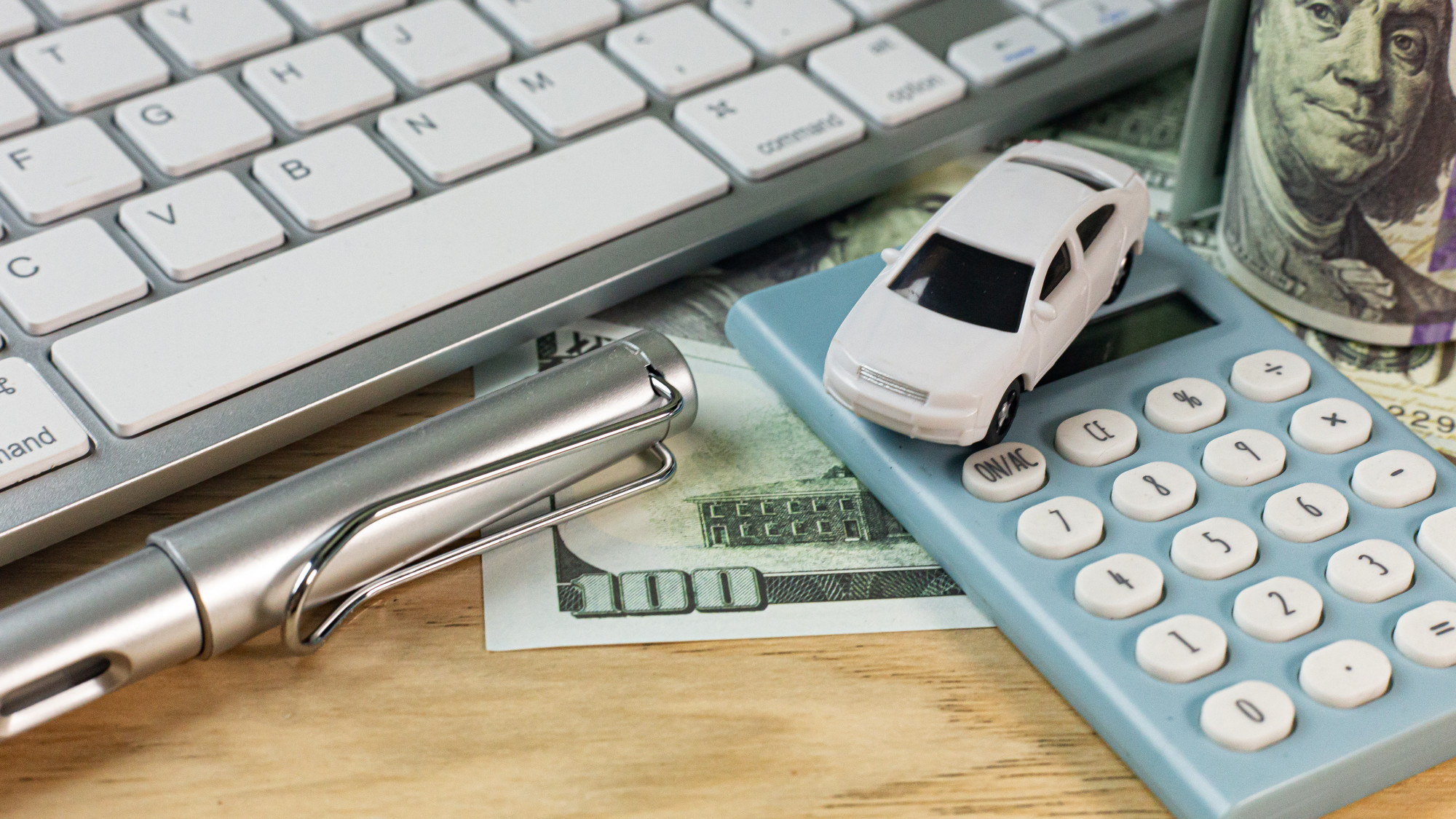
How to Finance a Used Car: The Only Guide You Need
| |
If you are trying to learn how to finance a used car, you are in luck! Check out our guide here on the important things to know.

| |
If you are trying to learn how to finance a used car, you are in luck! Check out our guide here on the important things to know.

| |
Are you trying to learn what happens to your debt when you get divorced? If yes, you can find out more by clicking right here.
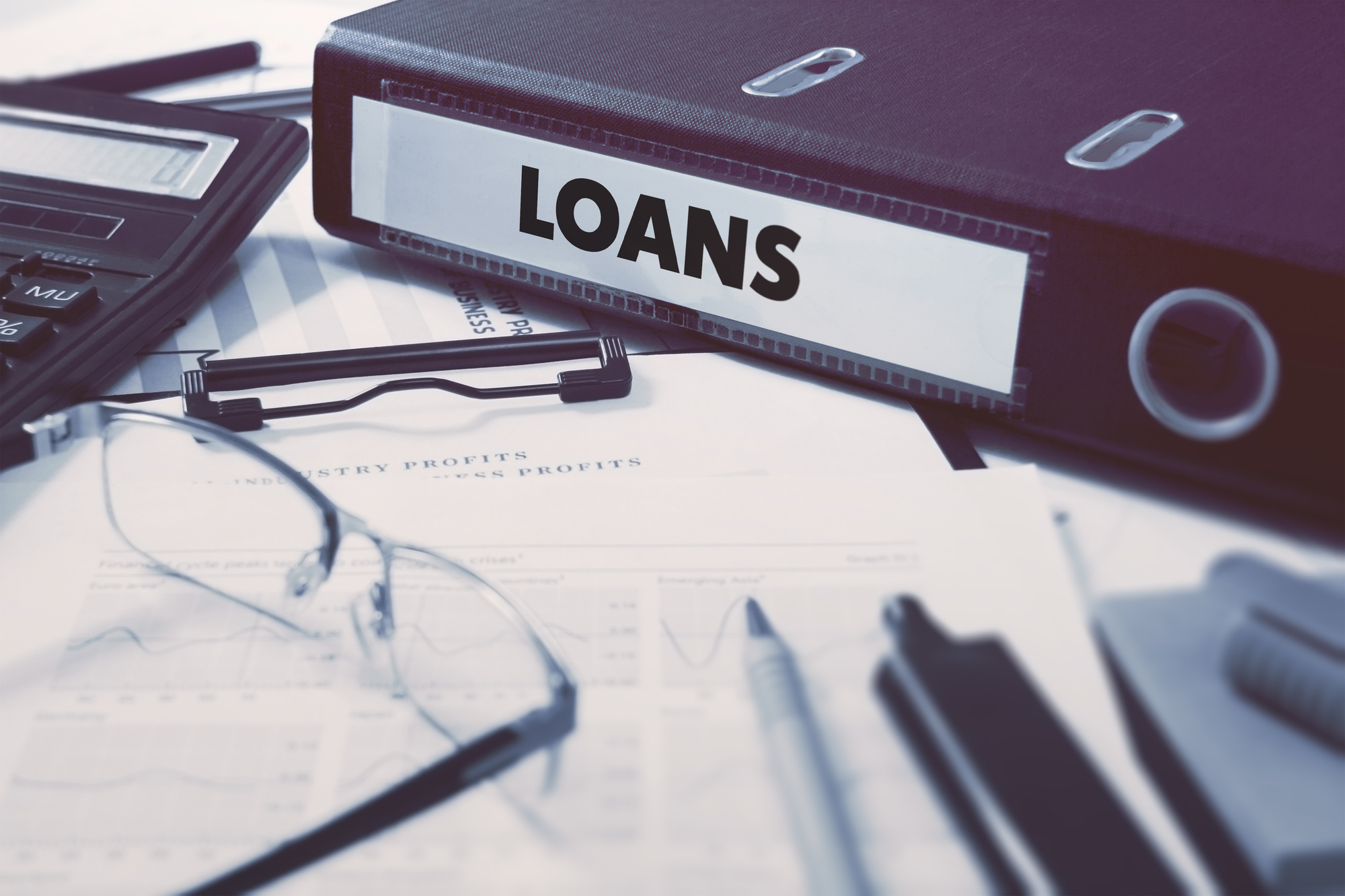
| |
Are you wondering how much debt is too much to have? If yes, you should click right here for the important things to understand.
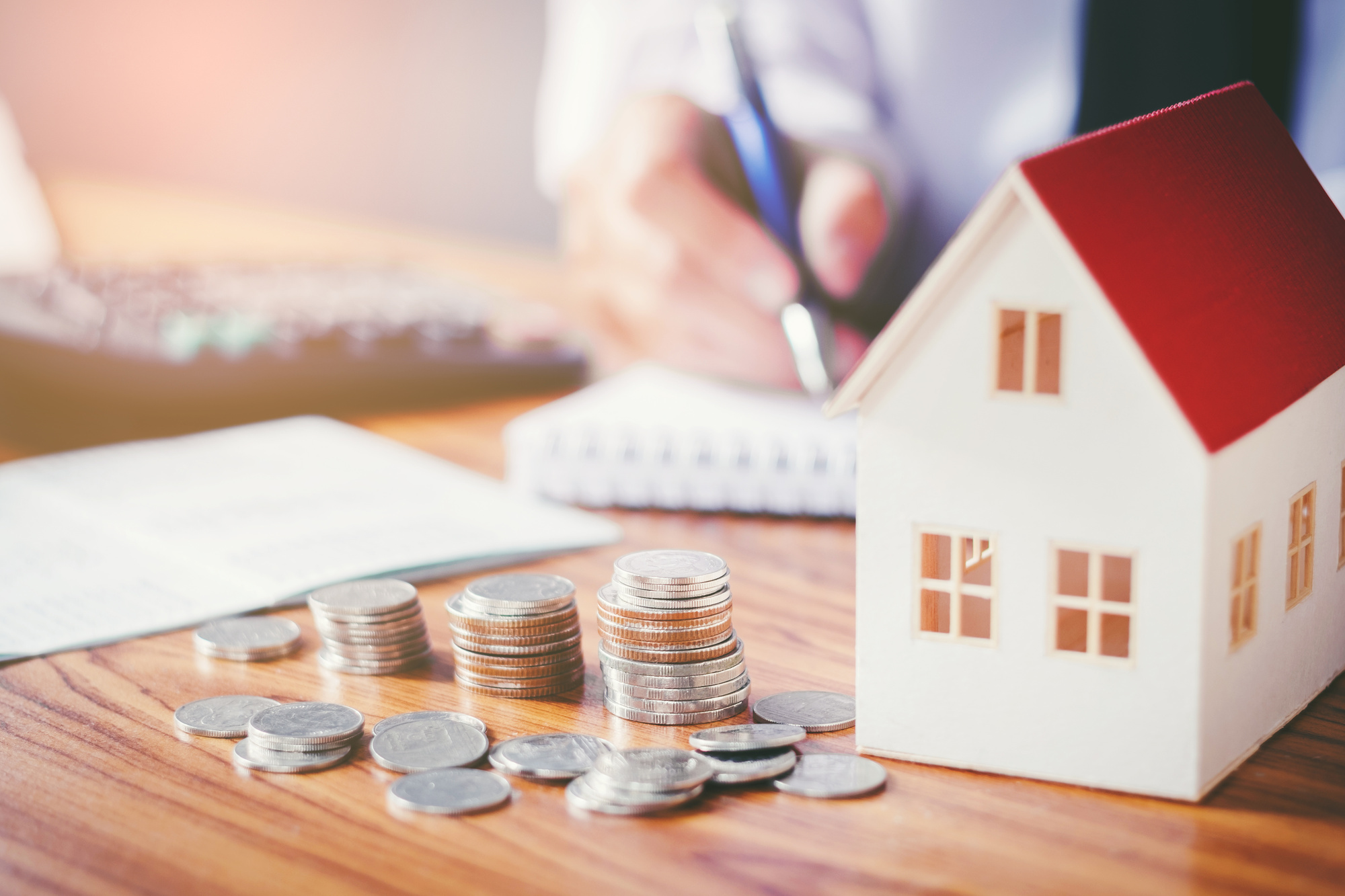
| |
Buying a house is no small feat in this day and age.
Whether you live in Toronto, Victoria, or Halifax, becoming a homeowner is a great accomplishment for someone in 2020. With economies in flux and housing markets seemingly rising everywhere, it’s just too expensive for most people to even conceive of purchasing a home.
But, there are ways to save and raise funds to make it happen. Today, we’re going to give you an informative guide on how to save money to buy a house.
As long as you’re patient and frugal, there’s no reason you can’t make a down payment in any city you’d like to live in.
Owning your own home seems like such a foreign concept to most people under the age of 35, especially those that are fond of city life. When you really break it down, however, you’ll realize that the only difference between the cost of renting and owning is the down payment.
If you can get the down payment out of the way, your mortgage payments might amount to somewhere in the same range as your monthly rent payments. Granted, coming up with that large a sum of money is never easy. You’ll need to put at least 5% down in most cases, but you can go higher if you want.
So, if you’re buying a $700,000 home, you’ll need to invest $35,000 as a 5% down payment. The more you put down, the more manageable your monthly payments and the more flexibility you have with your mortgage terms. But how do you come up with $35,000?
Not everyone is fortunate enough to be able to stash away loads of money to save for a house. Most people, especially younger ones in big cities, use most of their income to pay for rent, food, and the ever-growing expense of living. That’s how you find so many 30-somethings that feel like they’ll never own property.
If this describes you, you might be surprised at what cutting costs in a substantial way can do. First, you’ll want to gauge the housing market in the city that you want to live in. That’ll determine what price range you’ll be in and thus, how much you’ll roughly need for a down payment.
You should also take into account how long of a mortgage you want and how much you can reasonably afford to pay per month. Factor in other costs of living too. Remember, when you’re the owner, you have to pay all the bills and take care of all the maintenance on your own.
Once you’ve crunched the numbers and figured out what your down payment needs to be, you can start saving.
Before you can really start saving, you need to get your student loans and credit card debts under control. Not only is it going to be hard to save with payments coming out of your account every month, but you’re also going to have a tougher time getting a decent mortgage with unsettled debts.
You may also need to take out a loan or two to put you over the top. Make sure that you’re not juggling too many things at once.
When you’ve got a good idea of how much money you need to come up with, you can break it down a little bit. For example, if you’re trying to save roughly $20,000 in a year, then you need to come up with $1,670 per month.
When you can break it down to a smaller monthly expense, it doesn’t feel as daunting. Start throwing any bit of extra cash you obtain into the house fund: birthday money, inheritances, the money you won from your fantasy hockey league. Basically, any little bit helps.
Unless you get a substantial promotion at the exact right time, that money isn’t going to come out of just anywhere. You’re going to have to cut costs any which way you can. Here are some of the things you can give up or do less:
You could also try putting a halt on using your debit card. Just take out a certain amount of cash per week and learn to ration it responsibly.
One of the best ways to cut costs significantly is by downsizing your living situation. If you’ve got a nice big downtown apartment that you’ve been living comfortably in, it’s probably costing you a good amount of money.
Ditch those fancy digs for something a bit smaller and less convenient. It may not be perfect, but use your future dream home as motivation to get you through the year.
That few hundred dollars less per month is going to make a huge difference in getting you a down payment in a decent time-frame.
When you downsize your living situation, you can also begin to sell off some of the items that you don’t need. Not only does this clear up any clutter in a smaller apartment, but you can make some strides with your down payment fund. Of course, when you move into your home, you may have to replace some of those things.
Another great way to generate a significant amount of extra money is by getting an evening or weekend job. Again, it’s not going to be ideal for your current way of life, but when you start to see the cash flow into your down payment fund, it’ll all be worth it.
Figuring out how to save money to buy a house takes a frugal mindset and commitment to the dream of homeownership. Sometimes you have to learn how to give things up in order to get what you want.
If you find yourself short on your down payment, contact Captain Cash. We offer up short term cash and online loans with no credit check. Visit our site today to find out how it works.

| |
Are you wondering can you use student loans for rent? If yes, you should check out our guide here on everything you need to know.
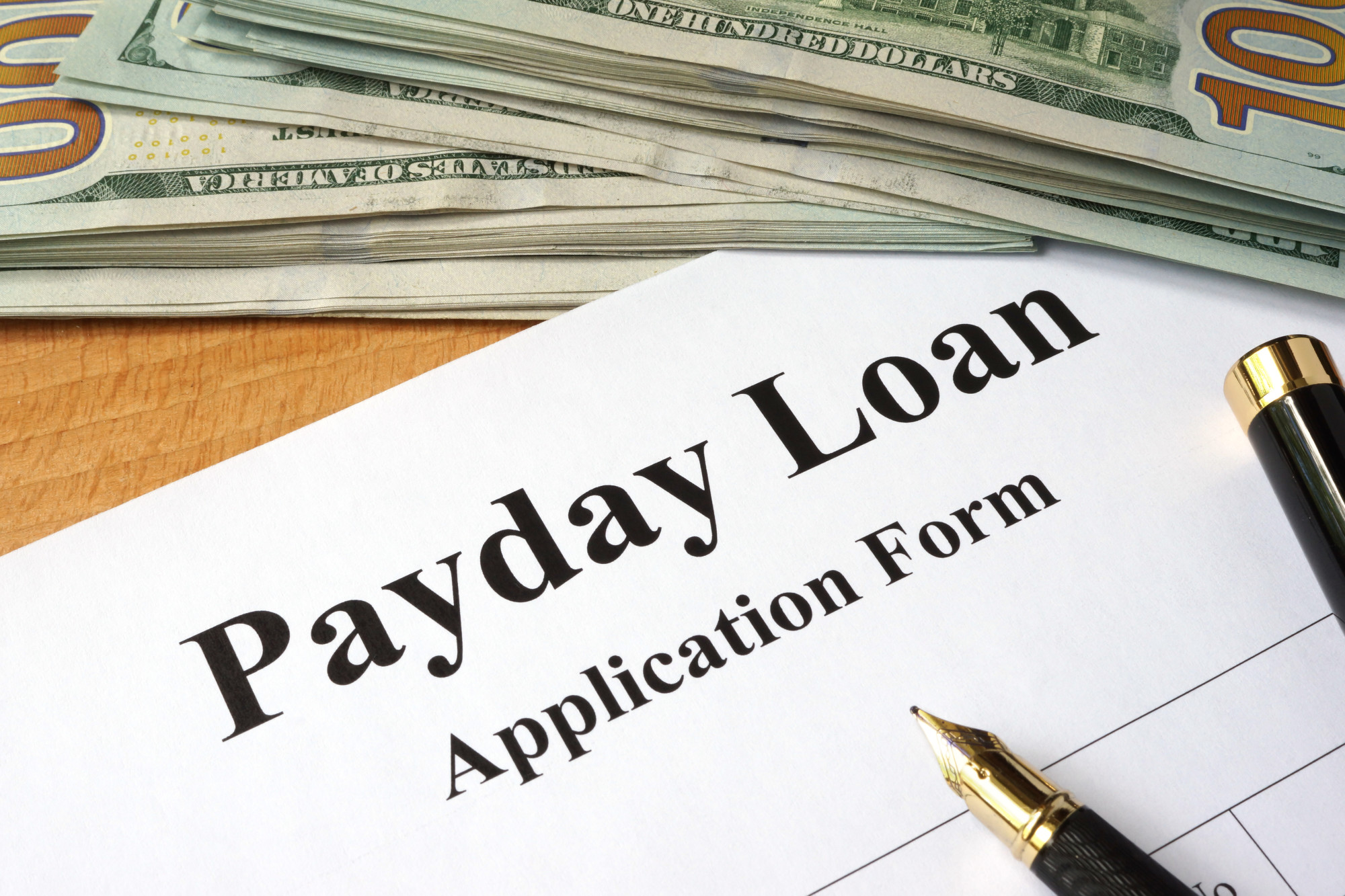
| |
Unexpected events happen in life all the time and many of these situations require cash.
Your refrigerator stops running and you have a costly bill to pay. Your electric bill is twice as high as usual and the list goes on and on. When things like this occur, you might run short on cash.
So, what can you do when this happens?
You could turn to a lender who offers installment loans and payday loans. Learning the differences with an installment loan vs payday loan is a vital step to take before you choose one, though.
If you need cash and are interested in these options, here are some essential details that will help you understand the similarities of these and the differences.
To begin understanding the differences between installment loans and payday loans, you should know what the similarities are. Here are three ways these loans are similar.
Both of these products are loans. If you need money, you can access cash through either type and end up with the same result – cash in your hand.
A second similarity is that both of these have fees. There are many types of loans you can apply for and almost every option has costs.
While some loan types might have more substantial or costly fees, others might have fewer or lower charges. All loans have costs of some kind, though.
The third similarity is that both options provide a way to get cash fast. You can use either loan type to acquire money quickly.
You can see that there are a few things these loans have in common. There is more, however, that is different about both of them as well! Here are six traits that make installment loans distinct from payday loans.
The first difference is the way you must repay each type. With a payday loan, you borrow the money and repay it all at once. When you repay it, you pay the balance in full, including any fees you still owe.
An installment loan is something you repay with payments. When you borrow the money, you receive all of it. You must then make equal payments on the debt until you pay it off in full.
You must repay the full balance you borrowed, plus any extra charges, but you do not pay it all at once.
Next, there is a difference in the duration of each loan. A payday loan typically has a shorter due date. When you receive the proceeds, you must usually repay it within two to four weeks.
The lender might base the due date on your paycheck schedule or you might get a set amount of time from the loan date to pay off the balance. You will have a specific date, though, that tells you when you must pay off the balance.
If you cannot pay off a payday loan by its due date, you can ask for an extension on it. It’s rare for lenders to extend installment loans, but it’s common for them to extend payday loans.
Another primary difference is the amount of money you can borrow through each option. Payday loans, in general, offer smaller amounts than installment loans.
If you need to borrow over $1,000, you might be better off applying for an installment loan. If you need less than this amount, a payday loan is ideal.
Additionally, the way people use the proceeds can vary. People generally seek payday loans to get by for a few weeks. Typically, this occurs when people have unexpected expenses pop up out of nowhere.
People who take installment loans generally have a specific purpose for the proceeds. They might use it to buy something expensive or to pay off other debts.
Interest rates vary a lot, but it is more typical to find higher rates on payday loans compared to installment loans!
It’s also vital to know that there are distinctions with the conditions you must meet to qualify.
When you apply for a payday loan, it’s unusual for a lender to run your credit. Lenders that offer payday loans do not use credit scores in the approval process. People who use take payday loans often choose them for this reason.
You will likely need good credit to qualify for an installment loan, though. Lenders that offer these run credit checks and screen applicants in other ways, too.
There is one last difference to learn and this one involves collateral. Collateral describes offering an asset to a lender in exchange for a loan. The asset might be a car, jewelry, or electronics.
For a payday loan, you will never need collateral. You may, however, need it for an installment loan. There are installment loans that require collateral, as well as those that don’t.
Understanding the difference between an installment loan vs payday loan can help you know which option to pursue when you need to borrow money.
Here at Captain Cash, we offer short-term loans to help you get through tough financial situations.
If you are interested in applying for one, you can fill out an online application or give us a call.
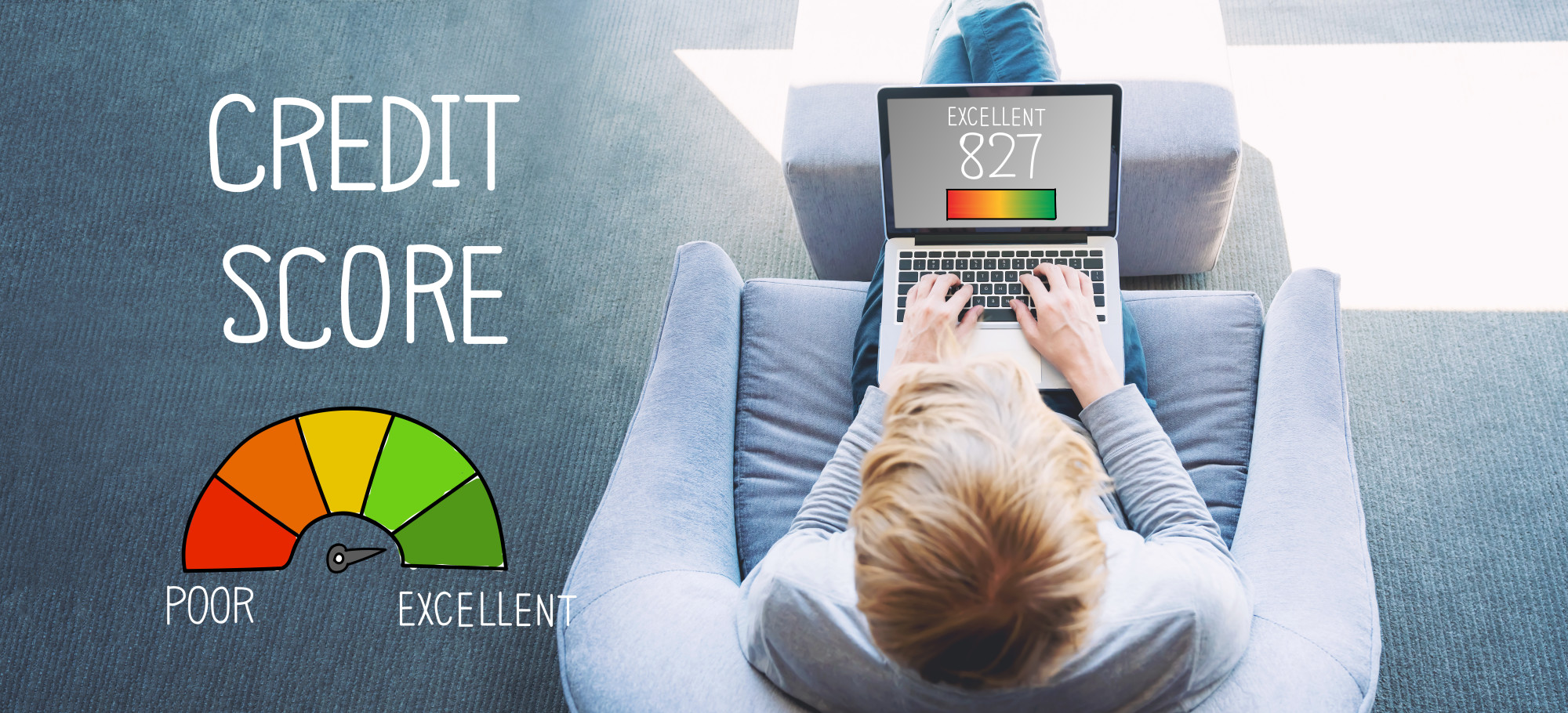
| |
When’s the last time you took a look at your credit report? If it’s been a while, are you avoiding it because your credit is not as good as you would like?
Having credit that is less than perfect may not be what you want, but it is a common trait with many adults today.
The good news is that you can change your credit. You can improve it and increase your score, and you might be able to do this by using a credit card.
Are you interested in learning how to use a credit card to build credit? If so, here is a guide that will tell you everything you need to know to get started using a credit card as a way to build your credit.
To use a credit card for building credit, you would benefit by learning what makes up a credit score. If you can recognize this, you’ll likely have an easier time making the right decisions with your credit card.
Here is a breakdown of the factors that make up a credit score:
A credit card can affect all of these things, and that’s why using one is an excellent way to build your credit.
One challenge you might face is getting approved for a regular credit card if you have bad credit. To make this easier, you should start by applying for a secured card.
A secured card is an excellent choice for people with bad credit or no credit, and it is terrific for young people who are just starting.
To get a secured card, you’ll have to apply for one and agree to put down a deposit. The credit card company will keep your deposit until you prove that you are creditworthy. In exchange, you’ll get a credit card with a low credit line.
Getting a secured card builds credit by offering a way to boost your credit mix. When you add any new credit, you build the 10% credit mix. The result may be an increase in your score.
After receiving the card, you’ll need to activate it. Once you complete this step, you can start using the card for purchases. To build your credit with it, you should use it every month for regular purchases.
You should not use the entire credit line, though. It would be best if you stuck with using only 30% or less.
For example, if the card has a credit line of $500, you should never charge more than $150 for a month.
Using the card each month helps you build a positive payment history. This factor of your score makes up 35% of it, so it’s a smart idea to use the card every month.
Using only a portion of the available credit allows you to build credit without affecting you negatively. If you use the full credit line, it impacts your credit utilization rate.
When this rate gets too high, it affects the factor of how much you owe, which makes up 30% of your score.
When you get the card, you will likely have the option of setting up an app on your phone or an account on your computer. You should complete this step, and while you’re doing it, set up your account to make automatic payments.
Setting up automatic payments offers two benefits for you. First, you’ll never miss a payment, so you’ll protect your credit. Two, you’ll always pay off the full balance you owe.
When you set this up, you’ll have the choice to pay the minimum balance, the full balance, or a different amount. Always choose to pay the total balance.
You’ll never end up carrying over a balance to the next month by choosing this option. You’ll also avoid paying interest charges, too.
Paying each month also keeps your total amount owed balance low as you build a positive payment history.
Using a secured card will build your credit over time, but did you know that there is an instant way of improving your credit?
If you want to see a massive increase in your credit score instantly, find someone close to you that is willing to add you to their credit card account.
Anyone can add your name as a registered user to an existing account, but you’ll want to select a person with excellent credit.
When the person makes this request, the credit card company will not run a credit check on you. They will, however, add that person’s credit history for that particular card to your credit report.
If the person’s credit is perfect for that card, you could see a substantial increase in your score as soon as the posting hits your report.
Having good credit is helpful for so many things in life, and it’s worthwhile for you to take the right steps to achieve it.
If you ever find yourself in a bind and cannot pay off the balance of your credit card by its due date, don’t skip the payment.
Instead, you could consider taking a payday loan. Payday loans are fast and straightforward, and getting one would provide you with instant cash. You could use this cash to pay off your credit card, and this would protect the credit you’re working hard to build.
Are you interested in learning more about how to use a credit card to build credit? Check out our site for more information on this subject or to apply for a cash advance.